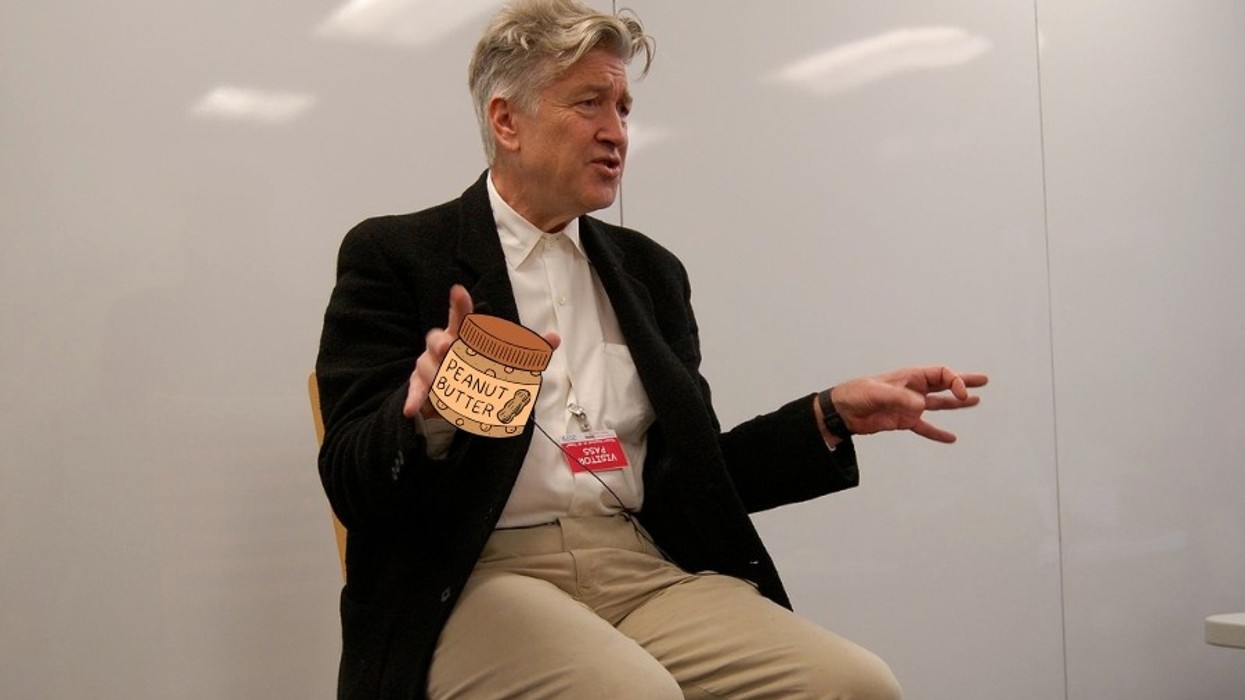Probiotics, the friendly bacteria that live in your gut have become quite the fad, turning up in everything from hot sauce to instant coffee. The benefits of a diet high in probiotics foods are well-advertised, if largely unproven: a stronger immune system, better digestion, mood elevation and a resistance to seasonal allergies are all promised side effects of the diet. Now, one group of researchers believes we might soon be able to add another benefit to that list: reversing the effects of Autism Spectrum Disorder.
According to a new study in the journal Cell, a common gut bacteria in humans had exactly that effect on a test group of mice, which were exhibiting behavior “reminiscent of symptoms of autism spectrum disorders (ASDs) in humans.” While the research is still a ways off from being applicable to human patients, the study’s lead author, Dr. Mauro Costa-Mattioli of the Baylor College of Medicine, believes his team has discovered an avenue that may one day help treat patients on the spectrum.
“Patients that have Autism Spectrum Disorder,” Dr. Costa-Mattioli explains, “they [often] have gastrointestinal problems. So I really wanted to see whether we could replicate this in mice.”
To do this, Costa-Mattioli’s team at Baylor College of Medicine proceeded with two known factors: a child is at a higher risk of autism if the mother suffers from obesity, and maternal obesity is also known to affect the gut bacteria in offspring.
To replicate these factors in rodents, the team placed a group of female mice on a high-fat diet, which produced a group of offspring showing, “behavioral deficits, such as spending less time in contact with their peers and not initiating interactions,” the study says.
By analyzing the fecal matter of these offspring, the team noticed those mice with symptoms had less microbial diversity in their gut microbiomes than their healthy cousins in the control group. Once they compared the bacteria found in both groups, the team identified exactly which strain was missing from the mice that were anti-social.
“What we found is changes specifically in the gut bacteria were responsible for their behavioral changes in both offsprings,” Costa-Mattioli explains. “In other words, if we were able to alter the gut bacteria in those animals, we could recover the behavioral deficiencies. We nailed it to a particular bacteria strain that when you give it to the animals, the animals become much better.”
Lactobacillus reuteri, the strain Costa-Mattioli’s team identified is known to increase levels of oxytocin — a hormone responsible for controlling fear and anxiety in both mice and humans. By isolating a strain of L. reuteri from human breast milk, and then re-introducing it to the mice with the social anxiety, their behavior began to return to normal.
“It is a particular bacteria which, surprisingly, has an amazing role in the ability of the animal to engage with another animal or to interact with another animal,” Costa-Mattioli continued.
While more research is necessary to understand exactly how these bacteria have this affect on health, the team is hopeful that their discovery could one day lead to a simple, non-invasive treatment for humans on the autism spectrum.
“I’m still fascinated by the fact that bacteria in your gut can affect the behavior and has the potential to restore social abilities. And I think that because of huge implication for this society, we are very hopeful that this could be a potential mechanism [for treatment],” Costa-Mattioli concluded. “We still have a few years ahead of experiments, but I think we’re in the right track.”














